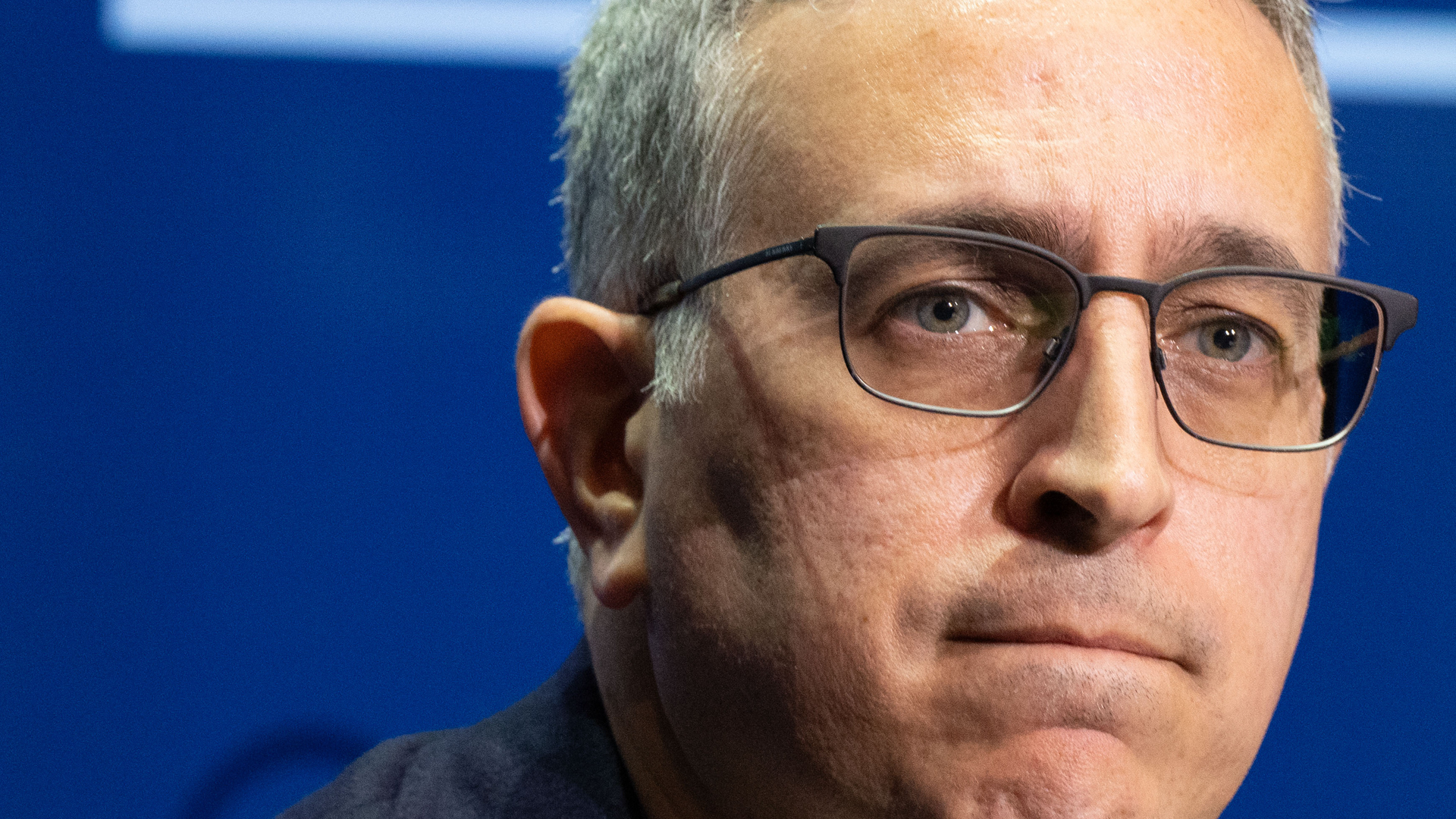
I attended a terrific meeting last week at the University of Michigan, which dealt with academic engagement in public and political discourse. The purpose of the meeting was to explore the question of whether academic professionals have a unique responsibility to become engaged in discussions about some of the biggest policy challenges faced by society.
Over lunch one day, a junior colleague asked me for some advice about when it would be “safe”, from the standpoint of her productivity and her credibility, to enter the policy fray.
Before I tell you about my answer, let me give you some background. People hired into new tenure-line faculty positions at most major universities are faced with a pressure packed first few years.
Since we’re talking about universities, it’s obvious that these folks are asked to teach, and receive positive student evaluations for as many as six courses per year, with no guarantees of being able to teach the same course on a regular basis. (This is a horribly inefficient practice at some universities because it means that, as soon as a faculty member has done all the prep. and has figured out how to teach one course, they’re quickly shuttled off to teach a completely different one. It’s sort of like obscenely short term-limits in government.)
New assistant professors are also asked to seek extramural funding, with internal rewards ultimately linked to funding success. This means that, after a while, simply applying for grants isn’t enough; sooner or later, professors have to start bringing home the bacon. External grants provide much-needed funds, which are important for training students and for conducting the research that yields publications; see below. And, these grants help universities to both build their own reputations, and to pay their operating expenses (by collecting overhead on each grant dollar received by the investigators).
Tenure-line assistant professors must also work to train the next generation of tenure-line assistant professors, as well as all sorts of other graduate students expected to contribute something meaningful to society. This takes time, patience, and coordination. Think of it as extreme multitasking, not for the faint-of-heart. Oh, and money too; see above.
Finally, new tenure-line academics are asked to publish in peer-reviewed journals. When I was an assistant professor, the minimum expectation for publications at my university was one article per 15% of my research appointment; many starting appointments are 50% research and 50% instruction (accounting for 100% of an professor’s theoretical time on the job), so I was looking at needing to produce a minimum of 3 publications per year. So, for a typical assistant professor in my field, those who sought a promotion after 6 years in the academy needed to produce roughly 18 publications.
All of this takes some pretty hard, and committed work. For example, it can easily take as long as eighteen months before a single publication makes the trip from final draft to peer review, and then on to publication; and there are no guarantees. The same is true of research proposals leading to grants. Similarly, a good Masters student may easily take three years to complete their degree; a good PhD student may take five years. So, it’s understandable that a lot of junior faculty members have tenure anxiety. (When university administrators talk about a “tenure clock”, it’s more like a tenure time bomb.)
With this as backdrop, let’s get back to the question at hand: when is it “safe” for a new academic to enter the policy fray?
In my opinion, based entirely on my own personal experiences, I tend toward recommending that assistant professors avoid the diversion of serious policy engagement (which, in my opinion, is anything more that a couple of meaningful hours per week) until one has their tenure house in order.
This begs the question: How long does it take to get the tenure house in order? The answer is, it depends.
Some early-career academics are able to hit the ground running; if sustainable success (in terms of the big four in the tenure game: publications, grants, and high quality advising and instruction) comes early, then the policy door may also open early. For me, it took a couple of years after receiving my first academic job as an assistant professor before I felt like I had the whole extreme-multitasking thing down. For others, it comes much later ”” if it comes at all.
No matter when success comes, patience on policy engagement is a virtue in my opinion.
And, amidst all of this, I see it as absolutely crucial that newly minted professors take the time to tend to their personal and family lives too; there are few things worse than a policy advisor who is out-of-touch with the realities of a normal, daily life.
To those who think I’m being overly cautious in providing this advice, I’ll gently disagree. In order to be an academic who is engaged in policy, you have to be an academic in the first place. Moreover, I think it’s safe to say that people go into academic positions because of the unique benefits and incentives the university system provides; one of the benefits can surely be policy engagement. But, in my view, it’s far from the only one ”” or even the best one.
(At the same time, I’ll freely acknowledge that there are going to be many opinions on this issue; I’d be really interested in hearing about what others have to say.)
And to those who suggest that the tenure process should be changed to allow for incoming academics to have early-career policy engagement accounted for during promotion reviews, I’m not going to disagree at all. But, like it or not, the current tenure system at most universities (and the one my junior colleague, the one who initially posed the question, must navigate) places a premium on publications and research grants, with advising and instruction coming in second. Early-career policy engagement, if it comes in at all, is further down the list for most tenure review committees.
(I’ll put it to you another way: I know plenty of tenured professors with stellar publication and funding records that were promoted even though they had lousy scores on advising and teaching. By contrast, I hardly know any tenured professors who were great teachers, or serious policy players, with crummy publication and funding records.)
It is worth noting, however, that the tenure system is evolving. Slowly.
Consider the following example: When I was an assistant professor in 2001, I was advised to avoid international research projects. The argument was, these projects took too much time to set up, the outcomes were uncertain, and the publications would usually few in number. Today, I know many, many assistant professors building their careers on amazing international research agendas. Sure, the publications may take a little longer to come out, but tenure review committees are willing to make some concessions for this.
Along these lines, I can easily imagine a day when policy engagement (along with great advising and teaching) will be seen as an equal (or nearly equal) to publications and grants. But that day isn’t today. The assistant professors of today have little choice but to play with today’s rules.
Lest you think that all I care about are the tenure-related metrics, let me add this: A prerequisite for academic engagement in public and political discourse should be having something thoughtful to contribute. Without good ideas to share, all one adds to the policy debate is noise. Like it or not, it takes time to develop these ideas, and the credibility to back them up. Better in my view to patiently hone your arguments, than to flame out early because the ideas being presented are too easy to dismiss.
One more thing: In addition to having both the job security required for engagement, and something thoughtful to add, one also should spend a little time figuring out how best to say it. There are lots of tenured professors with great ideas out there. But the number of tenured professors with great ideas who can also communicate effectively with a wide range of people is incredibly small. So, if policy-engagement is something a professor wants to do, it’s worth taking the time to build some solid skills in this area.
To sum it all up, I often recall the words of Stephen Schneider, who coached many on the prerequisites for being a policy-engaged academic. On the topic of academic engagement, Steve would often refer to his three cardinal rules: Know thy stuff. Know thy audience. And, above all, know thyself.







